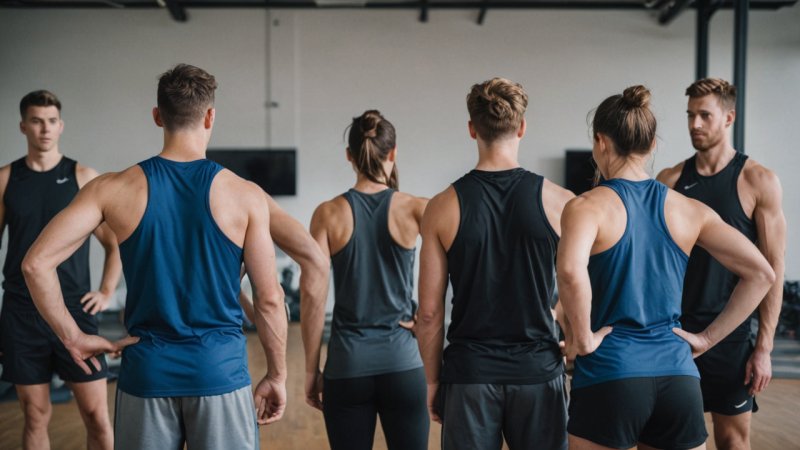1. Foster Open Communication
Encouraging athletes to express their thoughts and feelings can create a supportive atmosphere. When athletes feel heard, they are more likely to share their challenges and successes.
2. Set Realistic Goals
Help athletes set achievable goals that are tailored to their individual capabilities. This can prevent feelings of frustration and promote a sense of accomplishment.
3. Celebrate Small Wins
Recognizing small achievements can motivate athletes and reinforce positive behavior. Celebrations, no matter how small, can boost morale and encourage continued effort.
4. Provide Constructive Feedback
Instead of focusing solely on what needs improvement, offer specific suggestions for growth. Constructive feedback helps athletes understand their progress and areas for development in a positive light.
5. Encourage Team Bonding
Facilitating team-building activities can strengthen relationships among athletes. A cohesive team is more likely to support one another, leading to a more positive training environment.
6. Create a Safe Space for Mistakes
Help athletes understand that mistakes are part of the learning process. Creating an environment where errors are seen as opportunities for growth can reduce anxiety and build resilience.
7. Promote a Healthy Work-Life Balance
Encourage athletes to balance their training with other aspects of life, such as academics or social activities. A well-rounded lifestyle can enhance mental health and overall performance.
8. Lead by Example
Coaches and trainers should embody the positivity they wish to see in their athletes. By demonstrating a positive attitude and encouraging support, they set the tone for the entire training environment.
9. Incorporate Fun into Training
Incorporating enjoyable activities into training can enhance motivation and foster a love for the sport. Fun exercises can help athletes engage more fully in their training.
10. Regularly Assess the Environment
Continuously evaluate the training environment to identify areas for improvement. Gathering feedback from athletes can provide valuable insights into their experiences and needs.
Conclusion: Creating a positive training environment is crucial for athlete development and performance. By fostering open communication, setting realistic goals, and encouraging team bonding, coaches and trainers can significantly enhance the training experience. Consistently promoting a supportive atmosphere ensures that athletes feel valued, motivated, and ready to reach their full potential.






